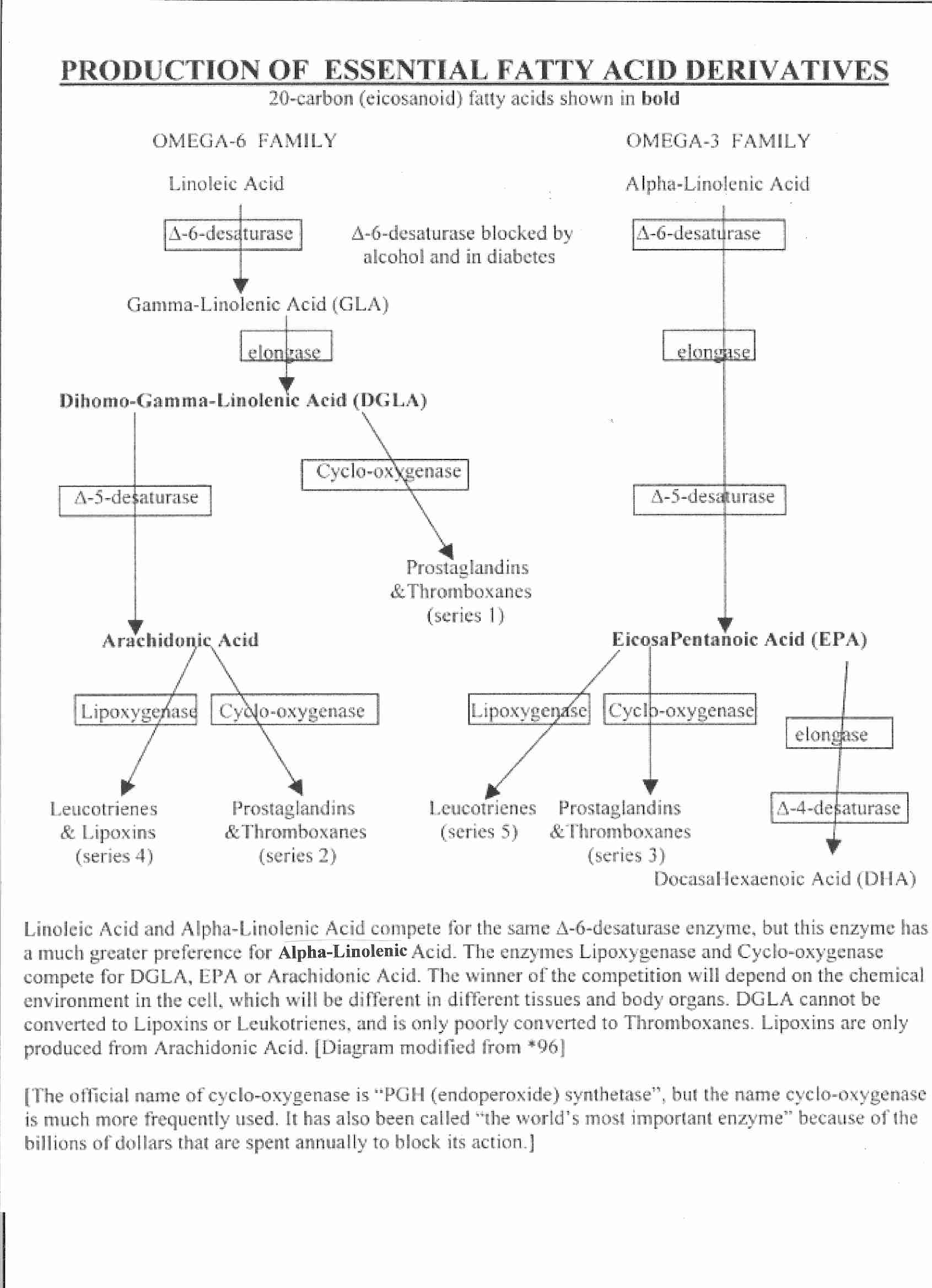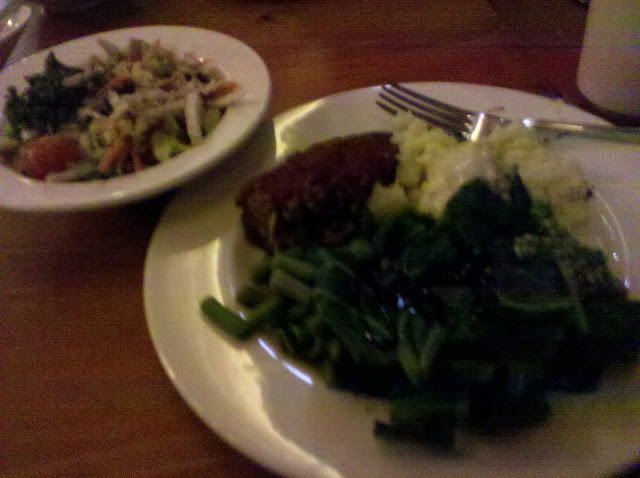
Leafy Greens are better than drugs? Lipitor can't guarantee these results.
The Diet
- No Processed Foods (no added oils and no refined flours)
- Whole Foods
- Plant Based
3 months ago I set out to put the challenge of the Paleo Diet head to head with a Plant Strong Vegan Diet. I was the guinea pig, and willingly volunteered the results of this experiment with friends and family alike. Truth be told, I thought that the Paleo diet would win out - but there is something to the Plant Based diet after all.
Results are In - Heart Health
Admittedly, I have been sitting on these results for the past week. I am shocked. I wanted to take the time to look across blood results from the past several years.
In 9 weeks (with a focus on the Plant Strong Vegan Diet for just 6 of those weeks), through diet alone I was able to:
- Drop total Cholesterol from 234 to 158
- Lower LDL from 152 to 82
- Improve HDL/LDL Ratio from 0.43 to 0.70
- Improve apoB100/apoAI Ratio from 0.60 to 0.40
- Triglyceride levels remain well below risk (68 vs 150)
Triglycerides
The chart below contains all blood tests conducted over the past several years. Not all tests were completed by the same physician (which is why I do not have numbers for every measurement at every test). During this whole Paleo Goes Vegan experiment I fully anticipated a significant increase in Triglyceride (TG) levels. After all, I was now consuming grains - and according the to the avid followers of the Paleo diet, the grains are the cause of TG increase (which many argue is a better indicator of cardiac health than total Cholesterol). I was shocked to see that my TG levels remained well within the range of "ideal health".
So, if you are skipping ahead and reading the chart you are probably thinking - "Hey, Beth, your triglyceride levels increased during the Engine 2 Immersion program and only dropped later - what gives?!"
Well, in between the two diets (Paleo and Plant Strong Vegan) I had a cheat week. I allowed myself to eat anything that I desired for approximately one week. And while my idea of a "free for all" diet is still considered healthy when compared to the Standard American Diet, I was definitely consuming processed grains during that time. When I look back over the past few years I notice how much my TG have changed since committing to the Paleo diet. Several years ago I was aware of the Zone and Paleo diet, but would follow the diet about half of the time.
Once committing to a diet there were two significant changes. 1) I stopped eating dairy products (with a few exceptions for celebratory occasions for ice-cream and fancy cheese). 2) I stopped eating highly refined grains (no flour).
When I had the first blood work completed after the Paleo diet, I had attributed the improved TG levels to the removal of grain. But seeing that the Plant Strong Vegan diet yielded the same results, I now believe that it is the removal of processed grains that has led to the improvement.
Why am I not pointing to the removal of dairy as the reason for the improved TG scores? Because during my cheat weeks I like to indulge in pasta and cookies (do not ever, ever leave a bag of cookies alone in the house with me, they will be gone within the day). The week prior to the immersion, where I had a 20 point lift in TG, I consumed copious amounts of spaghetti, noodles, dumplings, and white bread. I do not crave dairy and did not include it in the weeks between Paleo and Plant Strong Vegan. Once on the Plant Strong Vegan plan I removed processed foods from the diet. I had plenty of Whole Grains - but no refined flours, as a result the TG levels went back down.
Cliff Notes Version -
- Eat processed grains/sugars, increase Triglyceride levels
- Remove processed grains/sugars, lower Triglyceride levels
Beyond Cholesterol - What about TOTAL HEALTH?
The question I would hear most during this exercise is - "How do you FEEL?'. Overall I felt great during the day, but was challenged when it came to exercise. Crossfit was harder than it had been - and I lost my ability to excel in the intense work-outs. I was once one of the strongest girls on the team, and now I am at the bottom of the pack (and no, stronger girls did not join the team). As a result, I am less motivated to go to the gym - it just isn't as enjoyable as it once was. Just try to keep your motivation when your skill is declining - it's not fun.
In reviewing the blood work, there are a few anomalies.
Protein: Total Protein is lower, but not terribly lower than it was a year ago
Liver Function: There are a handful of markers that are elevated.
- For the first time my blood results show elevated LDH. This enzyme is an indicator of tissue damage and is also related to Anemia of B12 deficiency. The 1-mile Body Weight Sled pull I had performed the night before the blood work probably has something to do with these results - but then again, this isn't the first time I completed a blood test after a burner of work-out the night before. Anemia of B12 Deficiency carries a few symptoms that I had experienced during the past 7 weeks - pale skin (yes, normally pale - but even my Northwestern acquaintances commented frequently that I had "lost color" in my face), shortness of breath in exercise, trouble concentrating (what did you say?). I didn't test for B12 levels - and wish that I would have, but feel safe to say that this might be the cause of the elevated LDH. Vegan diets do not provide B12, and most proponents of a vegan diet recommend supplementation. I believe that any diet that requires supplementation is not an ideal diet and as such I did not supplement at all during the diet (to the disappointment of my ND, who kindly reminds me of the need to take Vitamin D in the winter months).
- Elevated SGOT/AST levels are indicators of liver disease OR muscle injury. Did I mention the sled pull? Since other indicators of liver disease are not present (all Bilirubin results were within normal range and not listed above), it is likely a result of muscle damage.
Somewhere between the Paleo Diet and the Plant Strong Vegan Diet is my Optimal Diet. A diet that supports overall health, provides me with the essential nutrients needed for a long and healthy life, one that allows me to live long and strong :)
There are a handful of truths that I am moving forward with:
- Processed Foods should be eliminated from the diet. If you can't make it in your kitchen from a whole food - don't eat it. This includes processed flours, refined oils, artificial anything, don't eat it.
- Eat Sustainable Foods - Vegan or Not, the Industrial Agricultural System is supplying us with food that is void of nutrients, and in many cases down-right dangerous. Healthy food (plant or animal) is the foundation of a healthy diet.
- Wild Caught, Sustainably Sources, Grass Fed, Pasture Raised, animal products as part of a plant based diet, can be beneficial to health. Let's face it - we are omnivores. But that doesn't mean that a majority of our caloric intake should come from animal protein sources.
- Eliminate Dairy - All, and I mean ALL, research that connects cancers with consumption of animal protein was completed using Dairy Protein. Casein. Nature is wonderful, it has provided dairy to help baby animals grow. Dairy = growth. Promoting tissue growth is a good thing for infants (breast milk is best) - promoting tissue growth is not a good thing for minimizing cancer rates. We all walk around with potential for malicious growths - whether or not we turn these cancer cells on is due in great part to our diet. Sure - the dairy issue is debatable, but really there are no nutrients we gain from dairy that cannot be gained from other food sources - so why even risk it?
PS - I am also looking for a few more guinea pigs to go through the experiment with me. Interested?
















